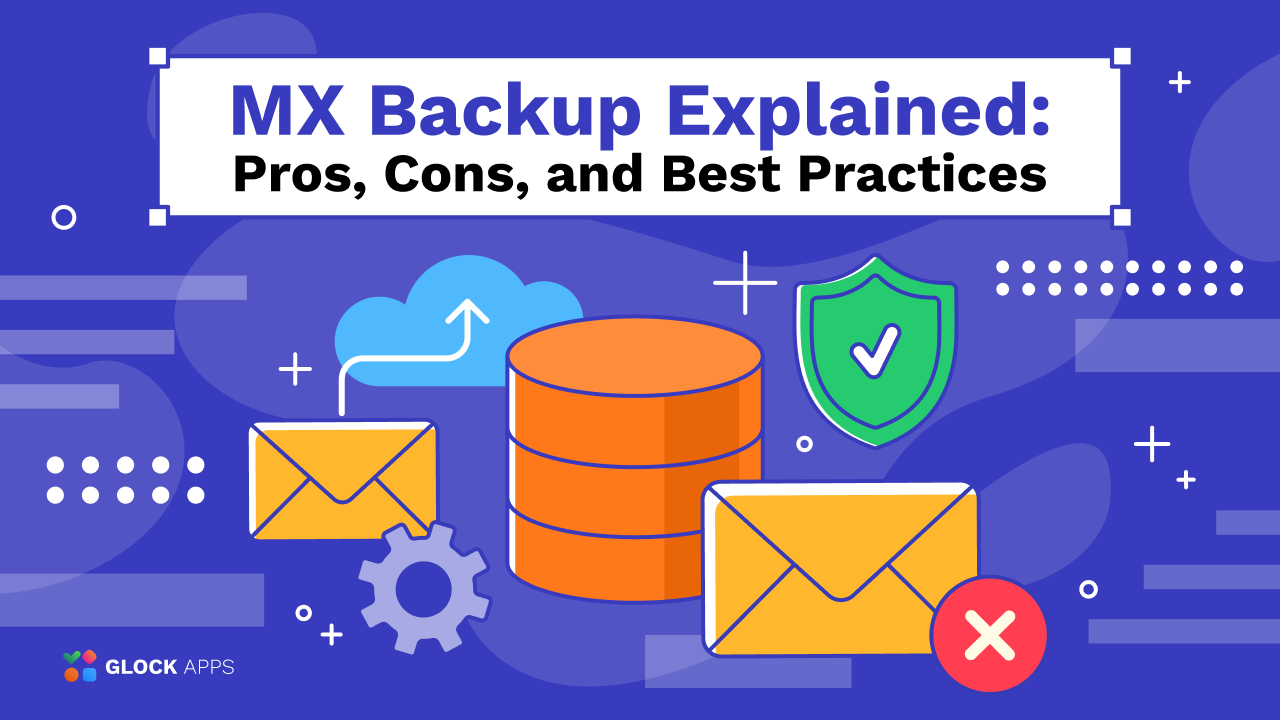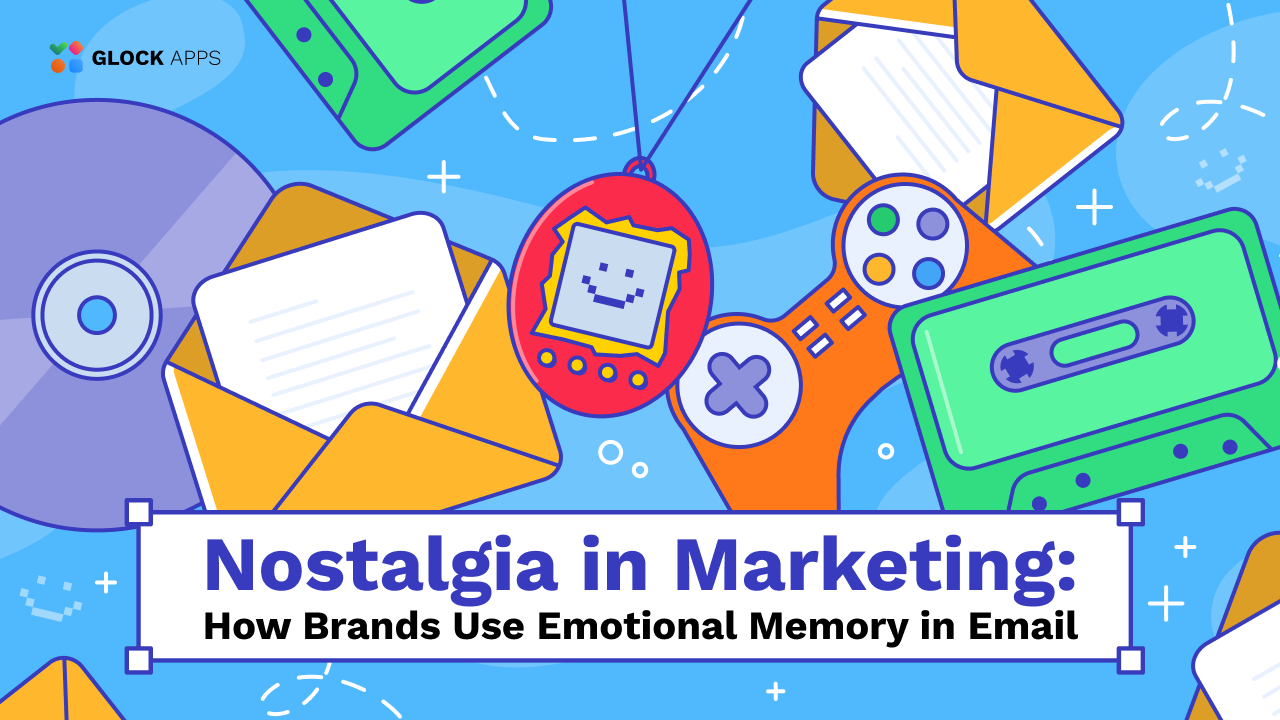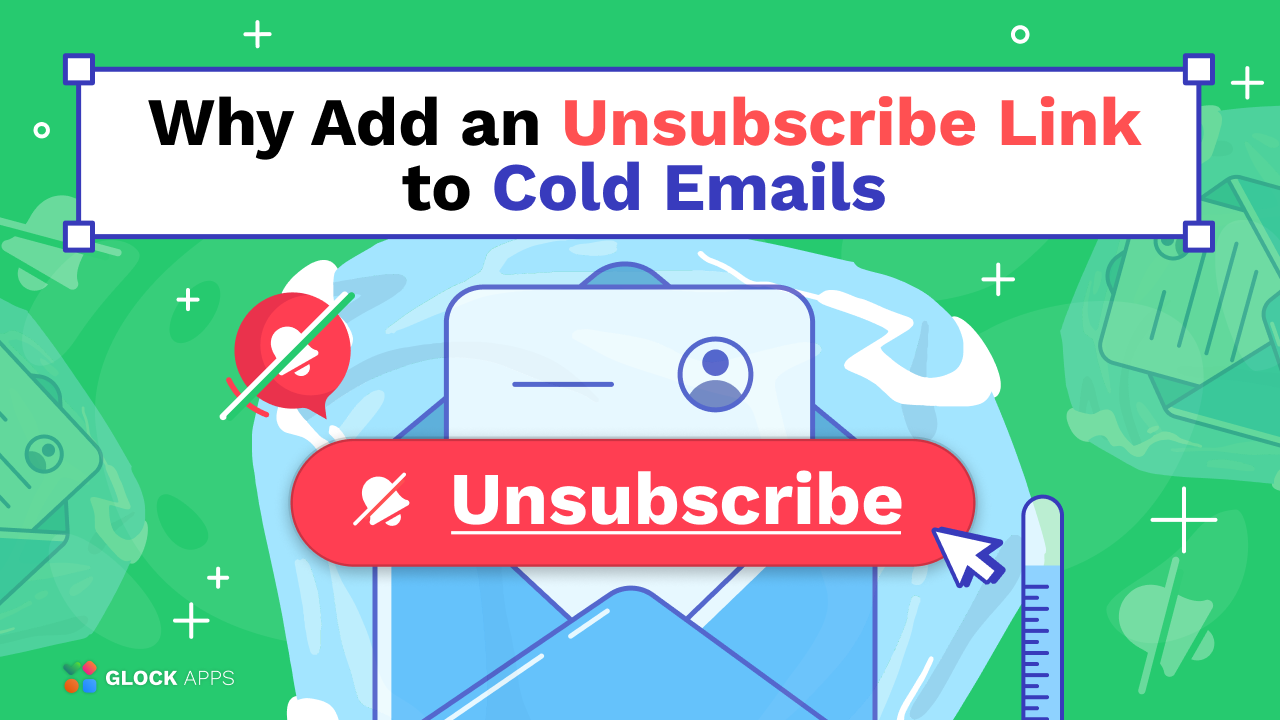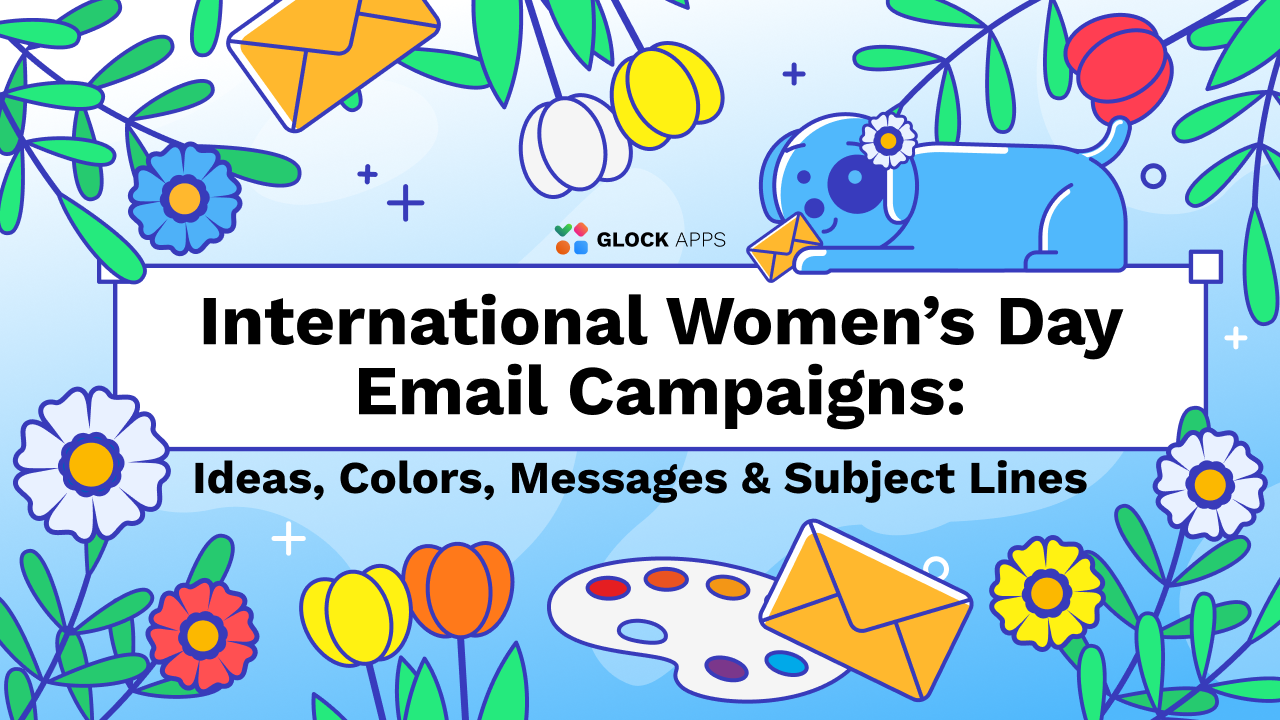List Hygiene: How to Maintain an Engaged List
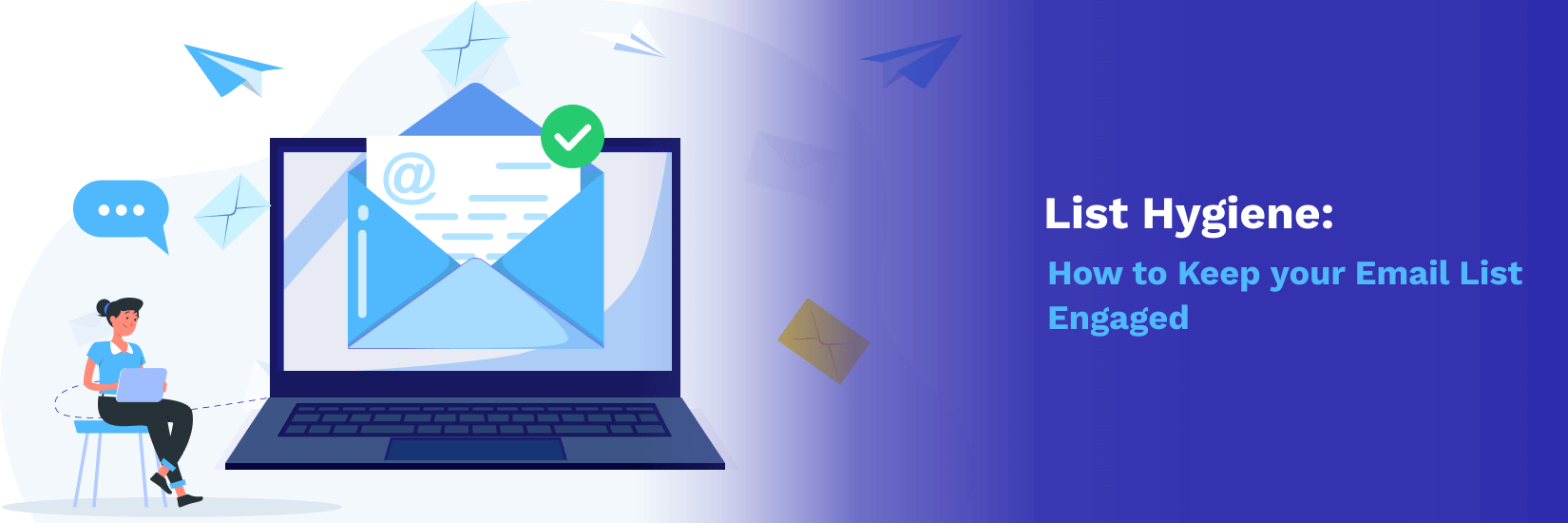
List Hygiene is an essential component in maintaining a healthy email list and achieving your email program goals. Therefore, list cleaning, along with a re-engagement campaign, are some of the necessary steps to improve email hygiene before sending emails.
But, how can proper email list hygiene maximize your email marketing ROI?
We have prepared best practices that you can apply to ensure a good and healthy set of addresses and marketing emails. At the end of this article, you will also have additional insights about email marketing and how you can make it productive for your website.
What is an Email List?
Email Lists are a collection of demographics: email address, name, and phone number of consumers interested in your product/service and opted to receive updates from your brand. This is also a way to do segmentation for your entire list.
You should also look at your email list as a list of your possible loyal customers to help your small business grow and generate a positive outcome when it comes to sales. But, where do you get these subscribers?
How do I Gain an Email Client?
One method of gaining subscribers for your email marketing list is by using a Lead Generator.
A Lead Generator is a marketing strategy that helps you save time finding subscribers by using techniques and forms to successfully obtain necessary data from your prospect customers.
Today, social media can become a great lead generator, for example through free sign-ups, and can maximize your email lists significantly. Facebook, Instagram, and Twitter are widely used to magnet interested customers.
What is Email List Management?
Email List management includes actions that not only grow the number of your subscribers but also ensure that you maintain an engaged email list. This is a vital aspect of having a proper list hygiene process.
When we say email list management, that also covers reducing high bounce rates (Hard bounces, Soft bounces) and reducing your unsubscribe rate.
In addition, proper email list management will let you master how to get more consumers’ attention when you send emails and make them loyal to your brand.
Having healthy list hygiene proves to your client’s email service provider (Gmail, Yahoo, or any other site) that you are a reputable email marketer. Therefore, actively managing your marketing list will improve your email deliverability and IP reputation, increase the chances that your marketing emails will land in the inbox, and reduce spam complaints.
Learn More: 9 Email List Management Best Practices
What is Email List Hygiene?
Having a healthy email list hygiene is the first step to running a successful email program. Ensure that you have a list of segmented, engaged subscribers before you send emails through your email marketing software.
Pro Tip: Do NOT buy an email list! Some may resort to buying leads to grow an email list but keep in mind that it will attract an irrelevant audience and may damage your email domain reputation in the long run.
Since most lead generation happens organically, we recommend you run a test to know what platform generates more leads for your small business or company. Once you’ve decided on a platform to use to increase sign-ups, it’s time to optimize and put these strategies into practice.
How to Have a Clean List
According to research, the typical email list may be cut by 20% – 30% each year. It’s normal for a subscriber to lose interest in your business, become unengaged, and opt out of your marketing list.
Because of that, email list cleaning plays a special role in generating new subscribers or re-engaging inactive subscribers.
Apply these 4 best practices to achieve healthy list hygiene:
1. Use Double Opt-In
A double opt-in is also called a confirmed opt-in. It is a method of obtaining new subscribers by including a link in a confirmation email sent to their email address. This will make sure they wanted to subscribe to your newsletter and reduce spam complaints. We recommend always using double opt-in when you collect new leads.
The advantage of double opt-in, compared to single opt-in, is that it doesn’t add invalid email addresses with obvious typos to your database. Double opt-in avoids bad email addresses, subscriptions made by bots, auto-reply email addresses, and spam traps.
Some marketing professionals may argue that it drastically reduces the contact database. But, quality always beats quantity in email marketing. A smaller list of active and engaged recipients can bring a higher ROI and help you build a good sender reputation.
Read also: Spam Traps 101: from Nightmare to Opportunity
2. Remove Hard Bounce / Unsubscribes
Just as people change location, interests, jobs, they can change email addresses. It can lead to some email addresses on your email list becoming invalid and producing hard bounces.
It’s your duty to opt-out hard bounce email addresses from your list immediately after the first bounce. If you continue to send messages to hard-bounce email addresses, that can negatively impact your overall email delivery to the inbox. When it comes to assessing your sender reputation, having a high bounce rate is a red flag for poor email list hygiene.
Email providers, such as Gmail, Yahoo, and other ISPs, look at your bounce rate along with spam complaints when deciding whether to have your emails delivered to the inbox or the spam folder.
In order to reduce the number of spam complaints you receive, it’s important to implement an unsubscribe process in your emails. If your customers don’t find an unsubscribe link in your email, they may report it as spam. Spam complaints generated by these recipients will significantly affect your reputation and email deliverability in a negative way.
With that said, setting up a good bounce and unsubscribe management process is a must-have for any business that uses its own email systems. An email service provider normally has an internal process to handle bounces and unsubscribes for their clients.
3. Monitor Engagement & Re-Engage Inactive Users
Email engagement is vital to make sure that your campaign gets the result you want. If your email can’t get through to your targeted
Email engagement is very important to make sure that your campaigns generate the results you want. Every email sender should keep track of their email delivery rate, opens, and clicks, in order to maximize sales.
Re-engagement is another email engagement metric that you should monitor over a few months, besides open and click-through rates, in order to see the full picture.
Re-engagement
Having an engaged subscriber is everything. They are your biggest fan who actually makes purchases and is loyal to your business.
When re-engaging inactive subscribers, it’s time to rethink and level up your approach. It may take a few months to test and perfect your re-engagement emails, but the final campaign performance will be worth it for your business.
A few ways to re-engage your email list is to:
- Personalize your message for your audience; this will help you gain their attention.
- Post something fresh, big, and interesting
- Offer them a final special offer.
Offer to Re-subscribe
MMake an eye-catching email for your website and include a link for people to choose whether to:
- Continue receiving your messages or
- Unsubscribe
Delete those who unsubscribed and who didn’t react to your email.
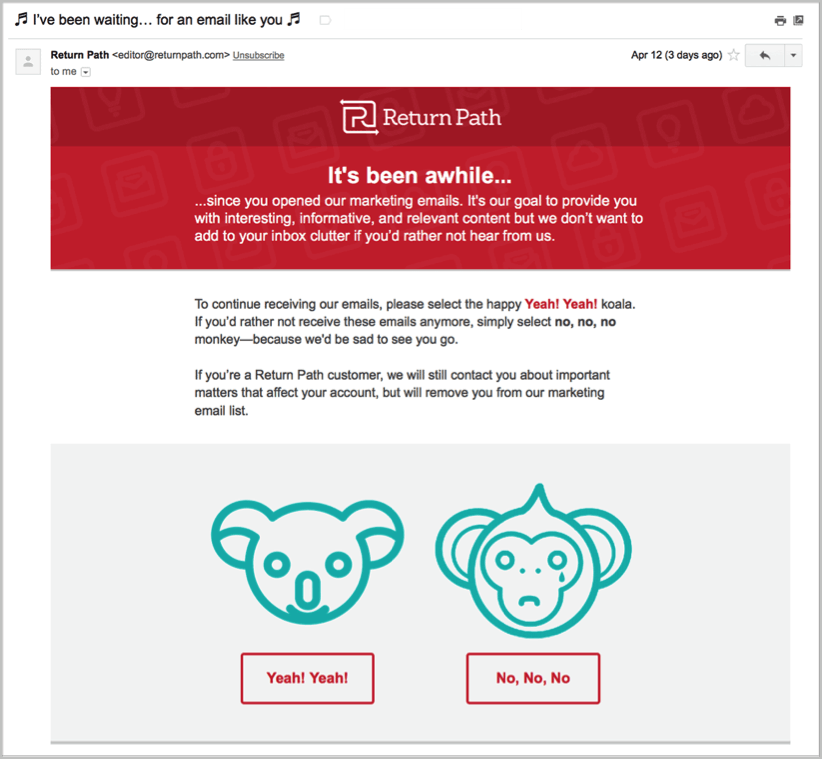
Offer Promotions/Discounts
Win back your subscribers with exciting promos or discounts that they can use to remain active consumers. Make it enticing enough to gain their enthusiasm and be sincere to gain their trust.
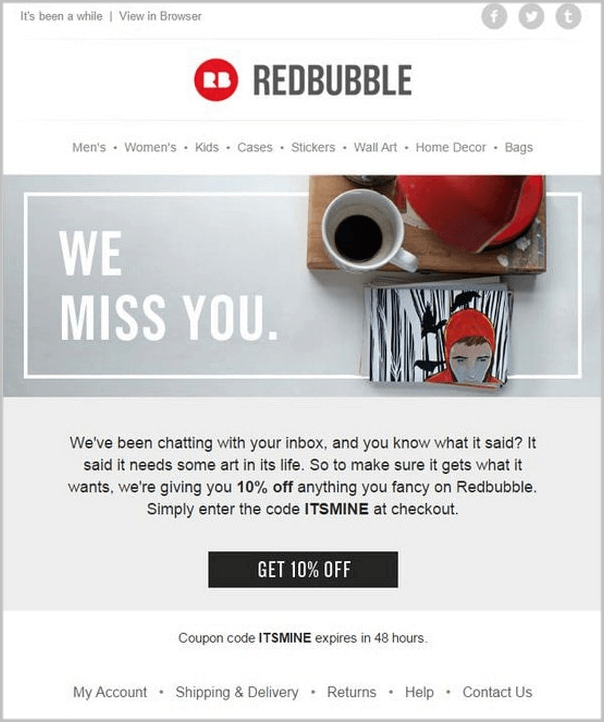
4. Remove Inactive Subscribers
To maintain healthy list hygiene, delete subscribers who remain unresponsive even after your re-engagement campaigns. They will cost you more money and damage your IP reputation in the long run. Although it is a tough decision to make, you have to focus on your active consumers and growing your ROI.
Remove email subscribers that ignore your emails for 6 – 12 months. Remember that a smaller and more engaged list is better.
3 Takeaways about List Hygiene
- Having a clean email list will make your email marketing more effective, improve your sender reputation, and can lead to more sales.
- The quality of your list is what determines your success, not the quantity.
- Never buy email lists! Generating leads organically utilizing best practices will produce far better results.
